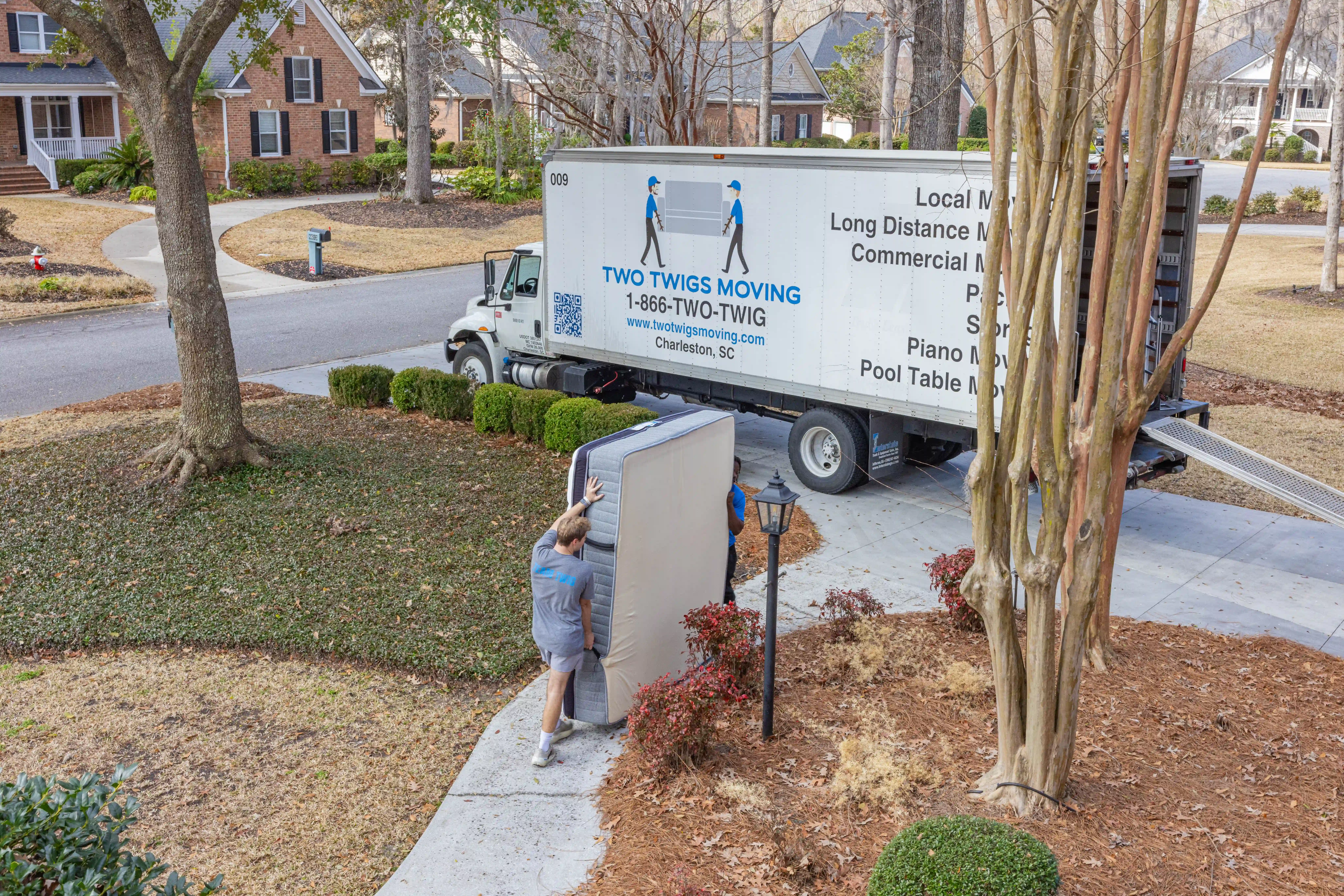A move can be a complex process, and sometimes things don’t go as planned. Whether it’s due to unexpected delays with movers, weather conditions, or logistical issues, it’s important to have a plan in place. Here’s how to handle a delayed move and keep stress to a minimum.
1. Stay Calm and Assess the Situation
The first step when facing a moving delay is to stay calm. Assess the situation to understand the cause and extent of the delay:
- Contact Your Moving Company: Reach out to your moving company to get an updated timeline and understand the reasons for the delay. If you’re using Two Twigs Moving, their team will provide you with timely updates and next steps.
- Check Your Moving Contract: Review your contract to understand your rights and any clauses related to delays. This can help you know what compensation or adjustments you may be entitled to.
2. Communicate with All Parties Involved
Effective communication is key to managing a moving delay:
- Inform Your Current and New Landlords: Notify both your current landlord and the landlord of your new home about the delay. This will help them adjust any arrangements or extend your lease if needed.
- Update Family and Friends: If you have planned help from family or friends, inform them about the delay to manage their expectations and reschedule if necessary.
3. Prepare for Temporary Living Arrangements
If your move is delayed, you may need to arrange temporary accommodations:
- Find Short-Term Housing: Look for short-term rental options or hotels if you need a place to stay. Websites like Airbnb or local rental agencies can offer temporary solutions.
- Store Your Belongings: If you’ve already packed and need to store your belongings temporarily, arrange for a storage unit. Two Twigs Moving can assist with storage solutions if required.
4. Plan for Essential Needs
During a delay, it’s important to manage your basic needs and those of your family:
- Pack an Essentials Kit: Ensure you have a bag or box with essential items such as toiletries, medications, important documents, and basic clothing. This will help you manage day-to-day life while waiting.
- Keep Important Documents Accessible: Keep crucial documents, including lease agreements, moving contracts, and identification, in an easily accessible place.
5. Stay Organized and Flexible
Flexibility and organization are crucial during a moving delay:
- Adjust Your Schedule: Be prepared to adjust your schedule and plans as needed. Flexibility will help you navigate any changes more smoothly.
- Update Your Moving Plan: Revise your moving plan based on the new timeline and any changes in your situation. Communicate any adjustments to your moving company and any other involved parties.
6. Monitor the Situation and Follow Up
Stay proactive and keep track of the situation:
- Regular Check-Ins: Continue to check in with your moving company to get updates and ensure that everything is on track. Regular communication will help you stay informed and make necessary adjustments.
- Document the Delay: Keep records of all communications and any expenses incurred due to the delay. This documentation may be helpful if you need to discuss compensation or additional arrangements.
7. Take Care of Your Well-Being
A moving delay can be stressful, so it’s important to take care of yourself:
- Practice Stress Management: Engage in activities that help you relax and manage stress, such as exercise, meditation, or hobbies.
- Seek Support: Reach out to friends, family, or a counselor if you’re feeling overwhelmed. Support from others can help you cope with the challenges of a delayed move.
8. Review and Learn
Once the move is complete, take some time to review the experience and learn from it:
- Evaluate the Process: Reflect on what went well and what could be improved. This can help you prepare better for future moves or address any issues with your moving company.
- Provide Feedback: Share your experience with the moving company, especially if you encountered any issues. Constructive feedback can help them improve their services.
By following these steps, you can effectively manage a delayed move and ensure that you’re prepared for any challenges that arise. Remember, with proper planning and communication, you can navigate delays with minimal disruption and move into your new home smoothly.


.svg)


